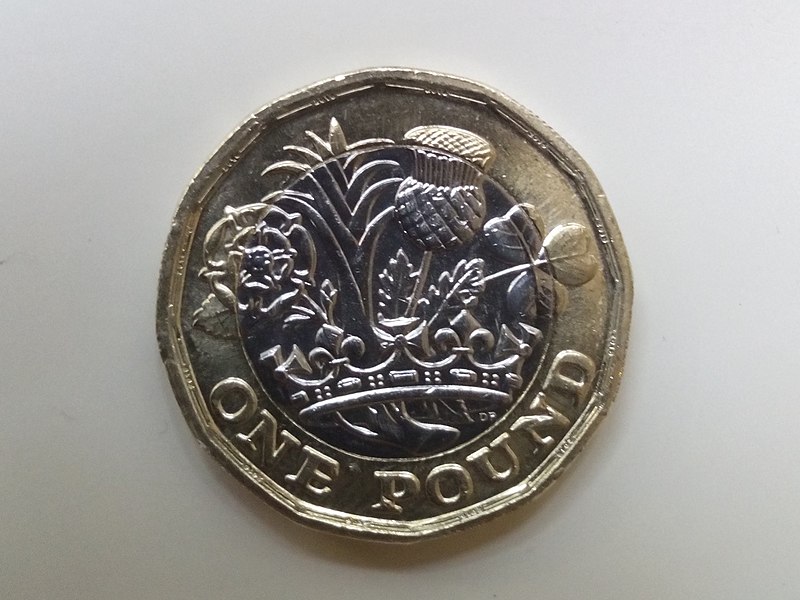
The British pound rose on Tuesday following the release of data showing that pay growth had surpassed expectations, leading investors to believe that the Bank of
England (BoE) would continue to increase interest rates in order to control inflation. Although the unemployment rate for the three months to February was higher than anticipated, at 3.8% instead of the expected 3.7%, pay growth for the same period was revised up to 5.9%, remaining at that level for the subsequent three months, which is well above the forecasted 5.1%.
When excluding bonuses, wage growth remained at 6.6%. As a result, the sterling rose by 0.5% against the weakening US dollar, trading at $1.2437, and increased by 0.05% against the euro to 88.25 pence.
The BoE is expected to take a less dovish approach than other G10 central banks, with strong wage gains in the UK resulting in a stronger pound. The BoE expects inflation to fall below 4% by year-end as wholesale energy prices decrease, but markets are still pricing in additional hikes from the central bank.
Money markets see an 80% chance of the BoE increasing borrowing costs for a 12th consecutive meeting next month to 4.5% from 4.25%. Another 25 basis point hike is expected by September. In comparison, money markets predict the US Federal Reserve will cut rates later this year. Photo by PPP, Wikimedia commons.



































